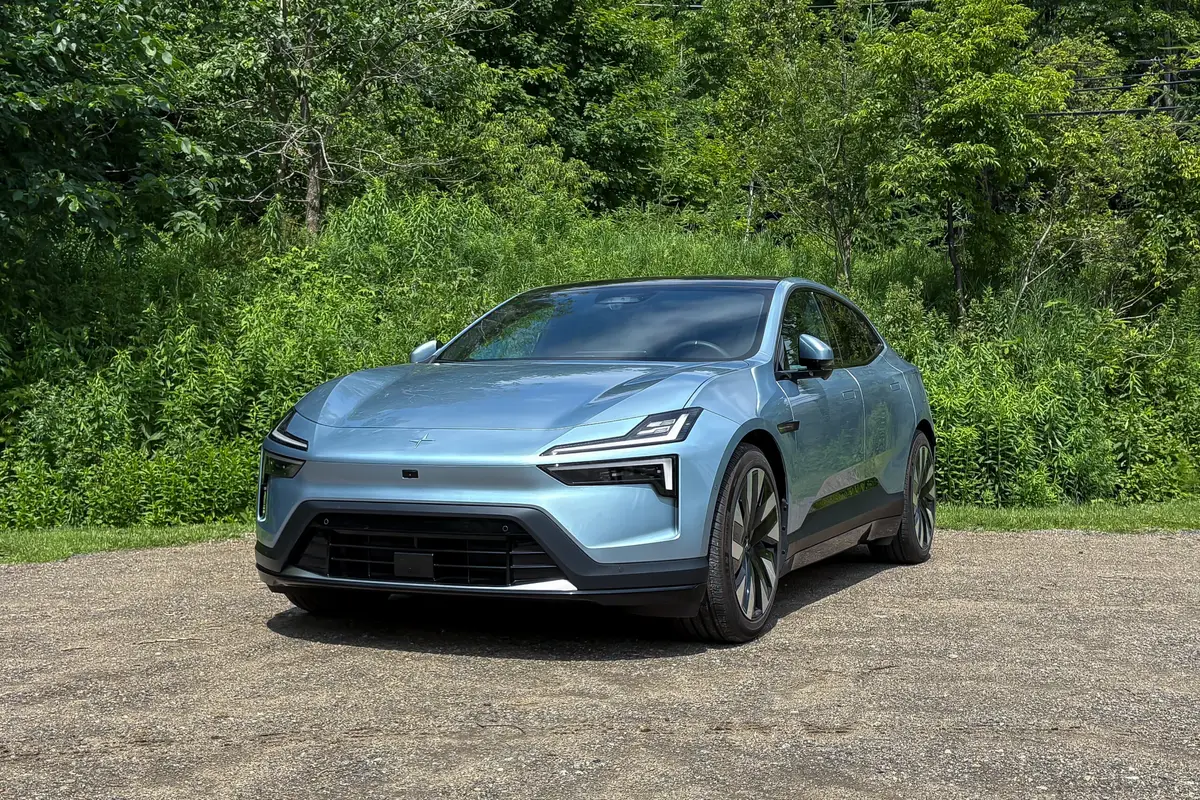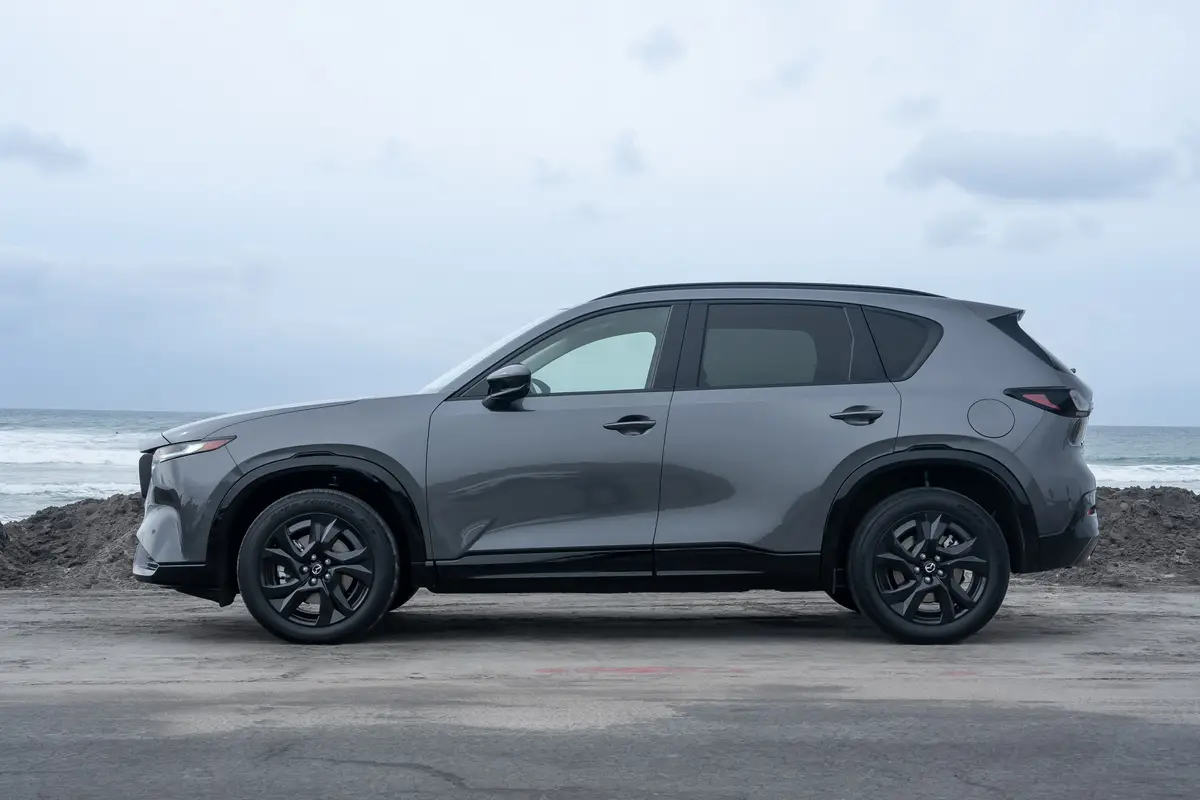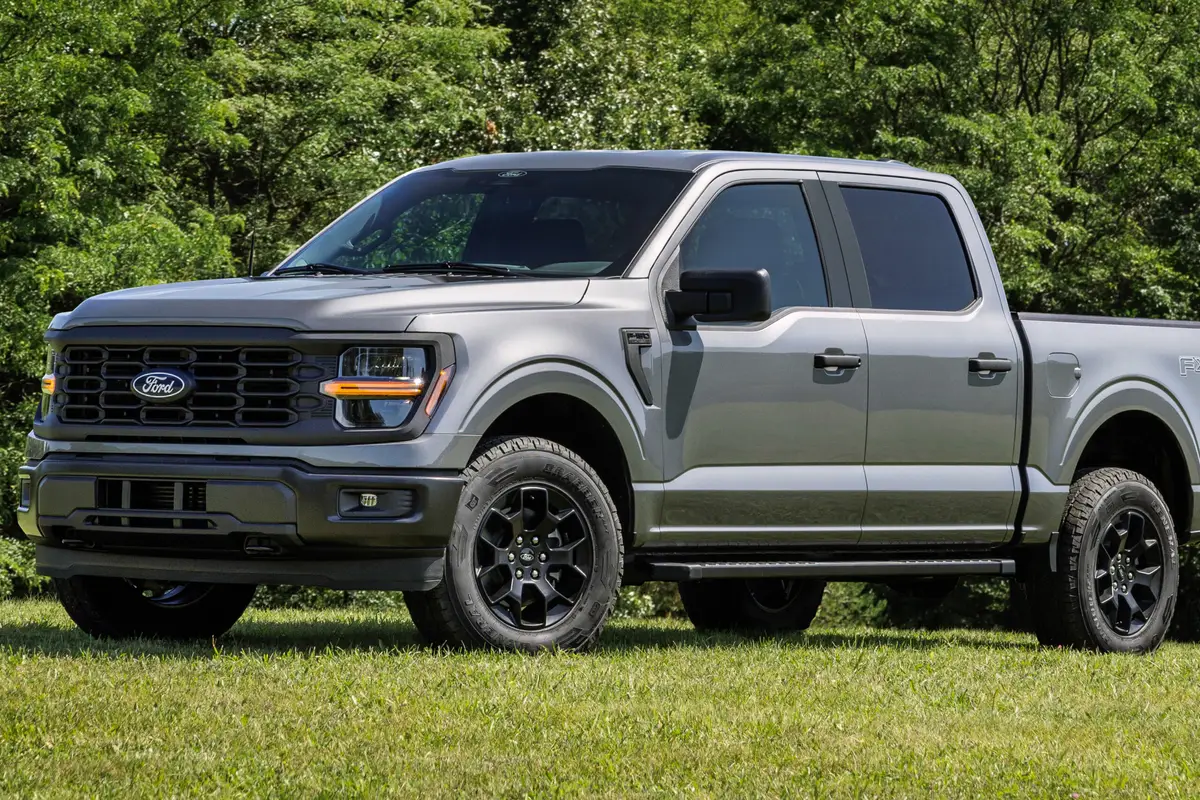washingtonpost.com's view
Very Good With the Right Fuel
2004 Volkswagen Passat TDI wagon
Hype hides alternatives. It supports the notion that problems have single solutions. Worse, it ignores inevitable trade-offs and the doctrine of unintended consequences.
Take the matter of gas-electric hybrid vehicles. They are being presented in the media as the answer to rising gasoline prices and a deteriorating ozone layer.
That is a mistake — one that could cost consumers and the environment further down the road.
Gas-electrics reduce fuel consumption and tailpipe emissions. No argument there. They also have drawbacks or trade-offs, not the least of which is a potentially negative resale value. They essentially use two power systems — a traditional gasoline engine and a battery-powered motor.
What is the cost of replacing that battery pack? No one, at the moment, seems to have a credible answer. What is the remaining useful battery life of a used gas-electric? How much should you pay for that remaining battery life on resale? Still, there are no available credible answers, the truth of which could affect the resale value of gas-electric cars and trucks.
Environmentally, there is another question. Assuming that tens of thousands of gas-electrics are sold annually and there is an eventual accumulation of tens of thousands of dying and dead battery packs, where do all of those dead batteries go? Do they disappear as if they never existed, leaving no mark upon the environment? That’s doubtful, to put it mildly.
Is there an alternative? Yes.
It comes in the forms of common-rail diesel and unit-injection diesel engines, the latter of which is the key feature of this week’s test car, the 2004 Volkswagen Passat TDI wagon.
The Passat TDI diesel with unit injection is not the answer to rising fuel costs and environmental concerns, either. Instead, like gas-electrics, it is one of many possible solutions, replete with its own advantages and trade-offs. Still, it should be taken seriously.
An aside: Common-rail diesel injection and unit injection are two ways of doing the same thing — efficiently injecting diesel fuel under high pressure into engine combustion chambers. The aim is to get the quickest, most complete burn of the air-fuel mixture, thus maximizing power while minimizing fuel consumption and emissions.
Common-rail diesel achieves that objective by channeling fuel along a tube, or rail, and uniformly injecting it into combustion chambers.
Unit-injection diesel, by comparison, uses individual injectors located at each combustion chamber. The injectors are operated electronically. They atomize fuel under very high pressure, thereby allowing it to mix more thoroughly with air in the combustion chambers. The result is a powerful, clean burn and fewer emissions.
On a test drive, the result was a Passat TDI wagon that got a remarkable 37 m iles per gallon with very little noise and absolutely no diesel exhaust smell.
The car was no racer. It did 0 to 60 miles per hour in 10.8 seconds by my watch. But that is a silly concern. Few of us measure 0-to-60-mph times when we drive. What matters is the car’s ability to change lanes quickly and safely. It did that quite well.
The Passat TDI’s ride was a little tight for many American tastes. But I like a tight car that steers and handles precisely, as this one did on the roads through Virginia’s Shenandoah Valley.
Among the drawbacks, for the moment, is that the Passat TDI does not meet clean-air standards for California and five other states that have adopted California’s stringent emissions rules. The (my term) California Union Signatory States (CUSS) are New York, Massachusetts, Maine, Vermont and New Jersey.
Also, there is the matter of diesel fuel quality and availability. Advanced diesel engines — such as the 2-liter, four-cylinder, 134-horsepower job in the Passat TDI wagon — run best on low-sulfur diesel, a fuel in limited supply in the United States.
Until high-quality, low-sulfur diesel becomes widely available, it is unlikely that diesel-powered vehicles in this country will obtain anything near the 48 percent market share currently held by diesel cars in Europe.
But there is hope. In the United States, Toyota is hyping its Prius hybrid. But in Europe, the company is pushing its fuel-efficient Avensis diesel. In short, Toyota is playing to the market in which it finds itself.
If the long-standing anti-diesel sentiments in the United States change, Toyota, America’s current gas-electric king, stands ready to challenge Volkswagen for the diesel crown, too.
Nuts & Bolts
Downside: Current limited availability of low-sulfur diesel in the United States could dampen consumer enthusiasm for the 2004 VW Passat TDI diesel wagon and the new V-10 diesel Touareg SUV, the latter of which will be reviewed in a forthcoming column.
Ride, acceleration and handling: Tight to hard ride, a tad uncomfortable for many Americans, but a joy to driving enthusiasts. Decent acceleration. Excellent overall handling.
Head-turning quotient: More Bauhaus architecture and styling. VW needs to learn that socialism isn’t sexy. Time to get a little wild, VW!
Body style/layout: The mid-size Passat TDI diesel wagon is a front-engine, front-wheel-drive vehicle with four side doors and a rear hatch.
Engine/transmission: The Passat TDI is equipped with a 2-liter, inline four-cylinder, turbocharged, unit-injection diesel engine that develops 134 horsepower at 4,000 revolutions per minute and 247 foot-pounds of torque at 1,900 rpm. The engine is linked to a five-speed automatic transmission that also can be operated manually.
Capacities: The wagon has seating for five people. Cargo volume with the rear seat up is 39 cubic feet. It’s 56.5 cubic feet with the rear seat down. The fuel tank holds 16.4 gallons of recommended low-sulfur diesel.
Mileage: I averaged 37 miles per gallon in mostly highway driving, the best mileage I’ve ever gotten from a mid-size family wagon with an internal combustion engine.
Safety: Standard side and head air bags.
Price: The Passat TDI diesel wagon is rolling into VW’s U.S. dealerships this summer. Initial base price is $24,060. Estimated dealer invoice on base model is $23,000. Estimated price as tested is $24,635, including a $575 destination charge. That’s about $205 more than a regular-gasoline Passat wagon.
Purse-strings note: The Passat TDI diesel represents another good alternative buy to gas-electric vehicles.
Latest news



